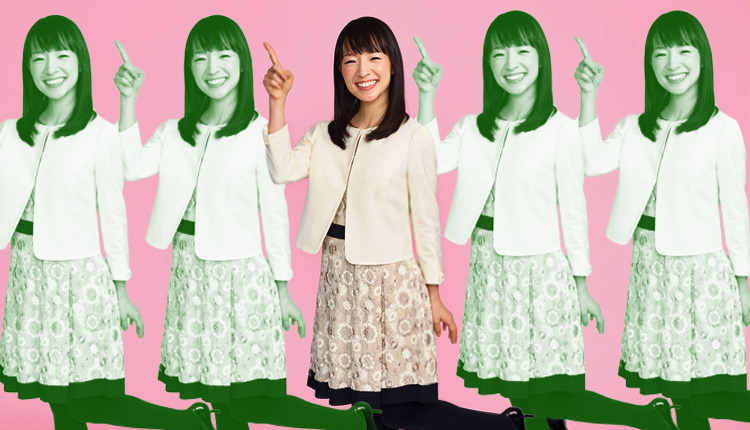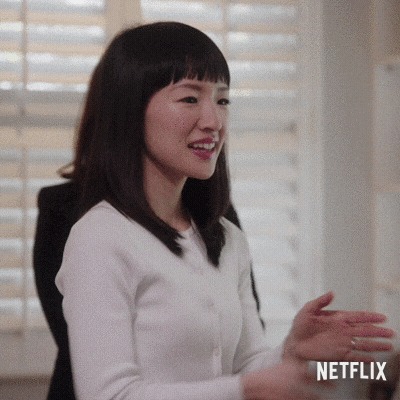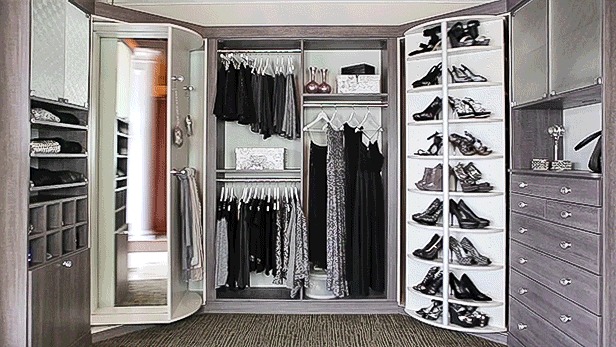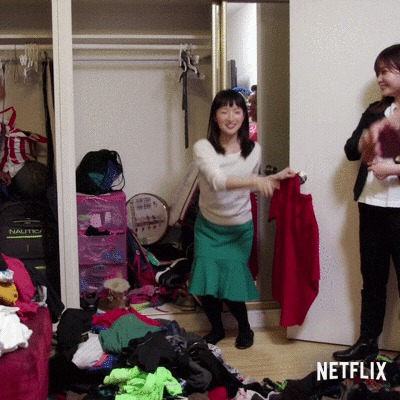
KonMari Desified: A Pakistani twist to the Marie Kondo Method
As winter comes closer to spring, my Amma finds more reasons to yell at me for the mess that is my room. So I turn to the show I’ve been binge-watching on Netflix (I have time to binge a show but not to clean my room).
I have to admit; my mother isn’t entirely wrong. There endless items that I have collected over the years that I never use during the winter. I know most of you are right here with me in this dark pit of hoarding items that are never going be used.
The KonMari method is pretty straightforward and it goes something like this:
Clean up by categories, not rooms. There are 5 categories; clothing, books, papers, miscellaneous, and sentimental items. As you move through each category, you sort through each item by figuring out how essential it is and whether or not it sparks joy.
I decided this Japanese method needed a desi twist for my desi hoarder soul. Because when we did that to Chinese food, we got some pretty killer results
Clothing
For us Pakistanis, it isn’t just sweaters and jackets when it comes to winter clothes. It’s also a lot of shaadi clothes we’ve taken out for our festive, booming, and admittedly never-ending Shaadi season.
Now Marie Kondo says we need to prioritize folding instead of hanging. But that doesn’t work for shaadi outfits because they’re delicate and need careful packaging. So this is what works for me: Get a garbage bag, cut a hole for the hanger hook. Then slap on some masking tape and label your outfit.
RELATED: Don’t Have Plans For The Weekend? Watch These Christmas Netflix Movies!
![Clothing]() Books
Books
So, over my entire school and university career I gathered so many text-books and notes. Now I only hoarded these for two reasons:
1. I was always irrationally terrified of failing my course. And,
2. I am so incredibly lazy, it is beyond shameful.
So here I was faced with the clutter I had brought upon myself. And again, I know I’m not aline. So categorize them through course and year. It’s up to you to donate them to your juniors or sell them off. You can also make a quick trip to a book bazaar (Urdu Bazaar in my case) and dispose of them.
Papers
When I got to this category, I was more upset about the papers I couldn’t find than the ones that were everywhere. I couldn’t find my bay-form, my passport and most importantly, the folder in which I keep my education documents and work experience letters.
After a mini freak out episode I found them in a random bag in my cupboard. I decided to put them in labeled folders in a separate section in my book shelf. They’re now easy access and I don’t have anxiety attacks about them!
![Papers]() Miscellaneous
Miscellaneous
This one was particularly tough because, wow, this hoarding gene runs in my family’s blood. My parents weren’t willing to part with most things. This included buttons, hangers, at least 10 nail-cutters, and my father’s useless and completely unnecessary clutter disguised as “collections”.
A good solution to this is Marie’s magical box storage space suggestion. Picked drawers in everyone’s room for similar miscellaneous items and sort all these excessive items into little boxes.
Maybe Marie Kondo places so much emphasis on getting rid of stuff because she has no idea what we here in Pakistan can be like with obsessive and needless attachments to items we will probably never need.
![Miscellaneous]() Sentimental items
Sentimental items
I think the most important part of this was ‘letting go’ and making peace with the bonds that fell apart. Throughout the method I felt a bit strange about thanking my items as I discarded them. But here is where I truly thanked these items for the memories and decided to let them go and received closure.
I see now why Marie Kondo leaves this category for last. Memories don’t just violently throw you down memory lane, they’re also a fantastic way to procrastinate.
So now my mom is (very temporarily) happy with the work I’ve gotten done. But if Marie Kondo could give me some tips on how to get my lazy existence to maintain this clean up with minimal effort, I’d be beyond grateful.


 Books
Books Miscellaneous
Miscellaneous Sentimental items
Sentimental items